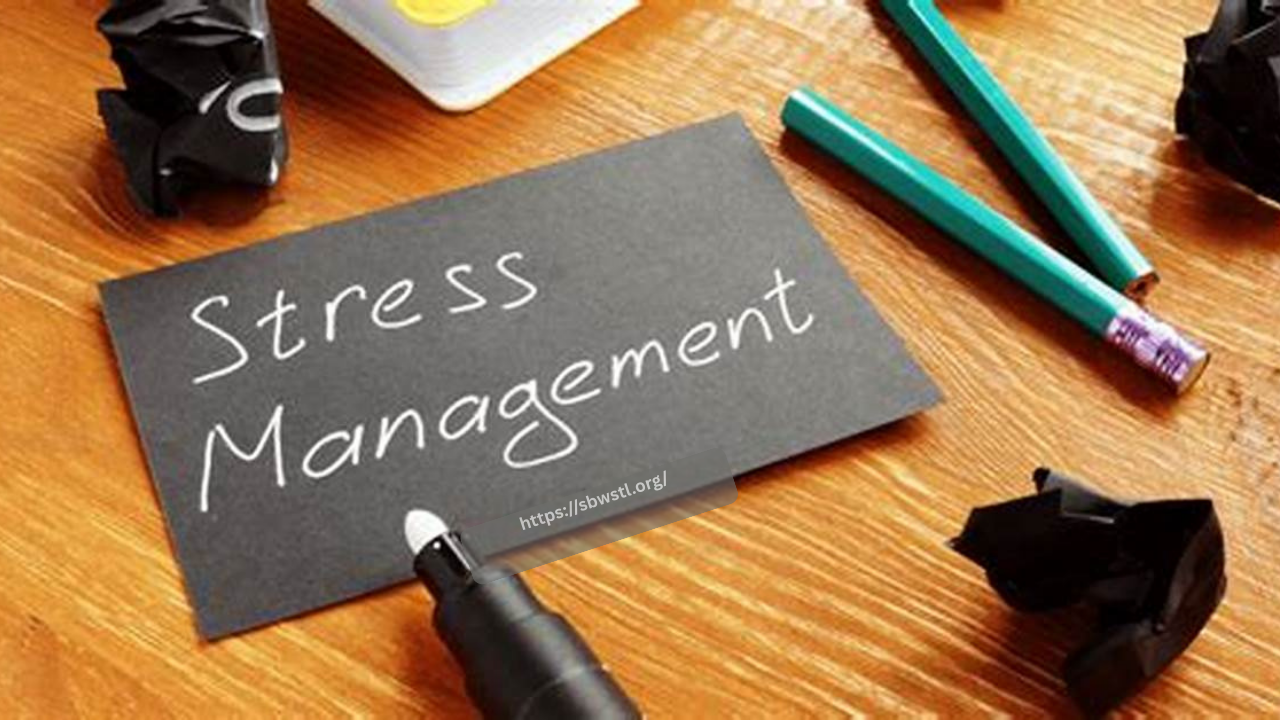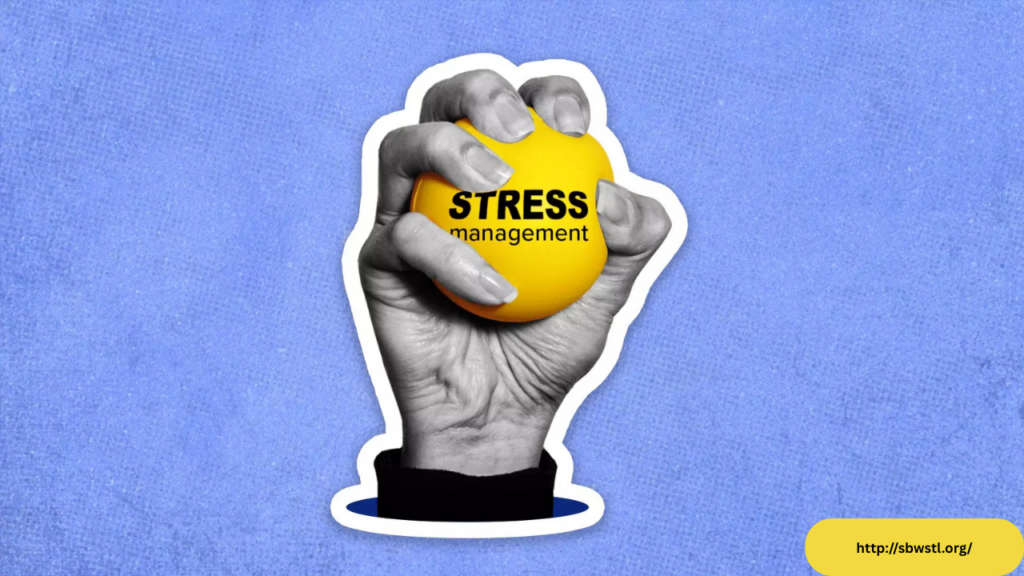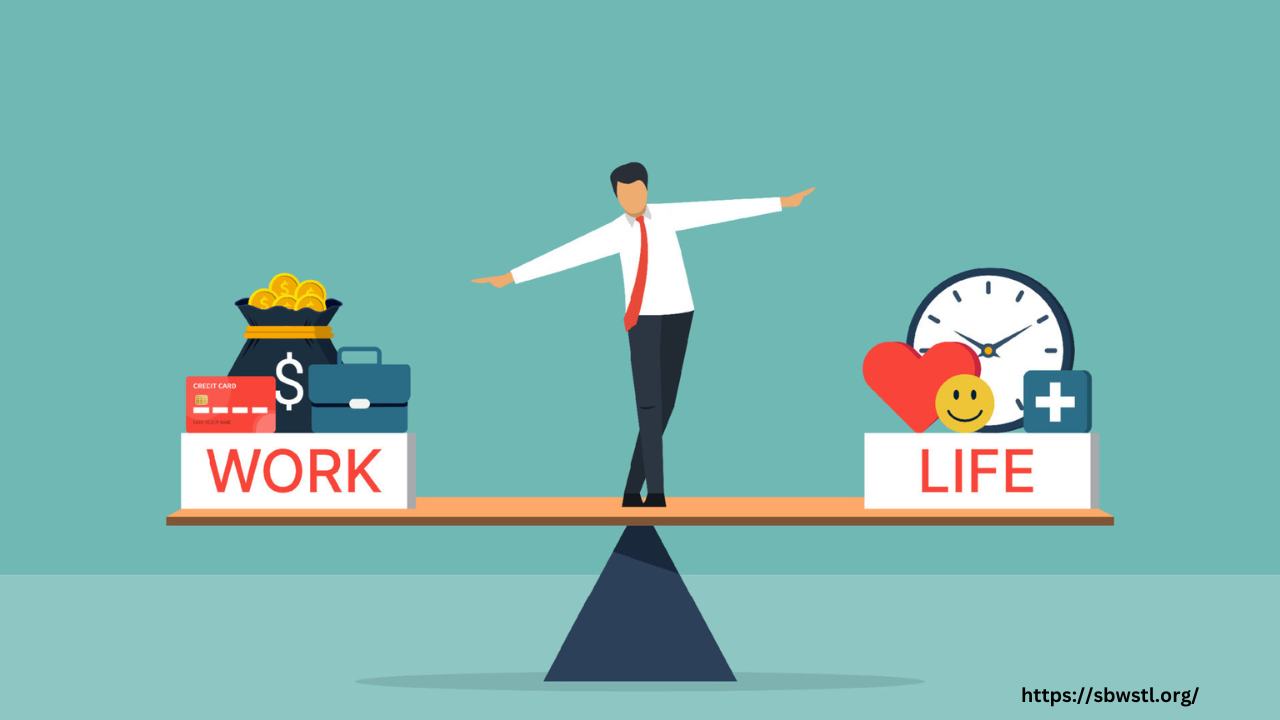 Running a small business is one of the most rewarding—and demanding—paths an individual can take. For entrepreneurs in addiction recovery, however, the stakes are even higher. Balancing business responsibilities while maintaining sobriety requires intentionality, structure, and a strong commitment to self-care. If you’re in this dual journey, know that with the right strategies, it’s possible to grow your business and your personal well-being at the same time.
Running a small business is one of the most rewarding—and demanding—paths an individual can take. For entrepreneurs in addiction recovery, however, the stakes are even higher. Balancing business responsibilities while maintaining sobriety requires intentionality, structure, and a strong commitment to self-care. If you’re in this dual journey, know that with the right strategies, it’s possible to grow your business and your personal well-being at the same time.
Understand Your Limits
Recovery often begins with acknowledging personal limits, and that mindset must extend into the business world. As an entrepreneur, the drive to “do it all” can quickly spiral into stress and unhealthy patterns. Set realistic expectations for yourself. Delegate tasks when possible, and recognize that productivity should never come at the expense of your mental or physical health.
One useful practice is to schedule time blocks throughout your day—not just for work, but also for breaks, meals, exercise, and recovery support. Boundaries are essential. Establishing structured work hours, and actually sticking to them, can prevent work from bleeding into every corner of your life and triggering relapse.
Build a Recovery-Friendly Routine
Routines are powerful in recovery. Just as consistency helps keep your business running smoothly, a stable routine reinforces healthy habits and reduces the chances of emotional instability. Prioritize daily rituals that promote sobriety and stress reduction—morning meditation, journaling, check-ins with a sponsor or recovery group, and regular exercise.
Many recovering entrepreneurs benefit from starting and ending the day with reflection. What are you grateful for? What did you do well today? What challenged your sobriety or triggered stress? These practices can ground you and help prevent overwhelm from taking root.
Create a Supportive Work Environment
If your business has a team, cultivate a culture that supports wellness—not just yours, but everyone’s. Encourage transparency, offer flexibility when possible, and don’t be afraid to model vulnerability by talking about the importance of mental health. If you’re a solo operator, seek out support from fellow entrepreneurs in recovery. Online forums, recovery-centered business groups, or even a therapist with experience in addiction can provide needed connection and guidance.
Separate Self-Worth from Business Performance
One common stressor for entrepreneurs is tying their personal value to business success. For someone in recovery, this mindset can be dangerous. Business wins and losses are part of the game—but they are not a reflection of your worth or your progress in recovery.
It’s helpful to remind yourself: I am more than my business. Track your recovery achievements the same way you might track revenue. Staying sober through a hard month, choosing self-care over overwork, or reaching out for help—these are all wins worth celebrating.
Final Thoughts
Stress is a constant in entrepreneurship, but it doesn’t have to jeopardize your sobriety. By creating boundaries, building routines, fostering support, and redefining success, you can manage the demands of running a business without compromising your recovery. Your well-being is the most important investment you’ll ever make—and it’s one that pays off in every area of life.








